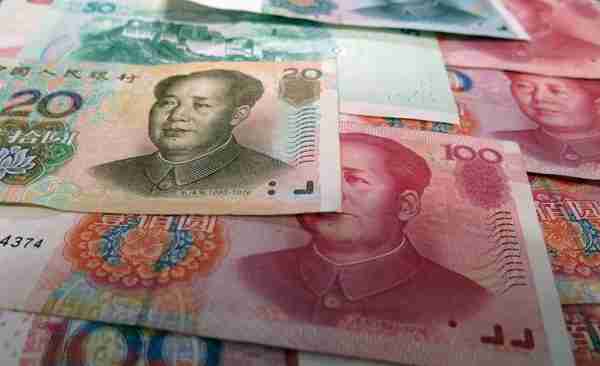

China’s digital currency will be endorsed by national credit and can be used as legal tender, unlike Bitcoin or Facebook’s Libra, according to the Digital Currency Research Institute of the People’s Bank of China (PBOC), China’s central bank, China Central Television (CCTV) reported on April 19.

The official digital currency is undergoing closed internal pilot tests in several Chinese cities and will be tested in scenarios at the 2022 Winter Olympic Games in Beijing, an executive from the Digital Currency Research Institute of the PBOC revealed.
The closed internal pilot tests will not influence the business operations of listed financial institutions, or the issuance and circulation systems of the country’s currency renminbi (RMB), also known as yuan, or financial markets, society, and economy outside the test environment, according to the executive.
China’s digital currency, or the DC/EP for short, is the electronic version of RMB that can be used in various scenarios just like paper currency, and no interest is required to be paid for using it, said the executive, explaining that the digital currency will be the equivalent substitution of the currency in circulation and will not cause inflation.
People who use the digital currency will have to abide by relevant existing regulations on cash management, money laundering, and combating the financing of terrorism, the executive stressed.
The DC/EP can be used without being linked to any bank account, according to the Digital Currency Research Institute of the PBOC, adding that the relevant technology integrated into the digital currency will ensure that the money can be used in certain extreme conditions just like paper currency, such as when Internet connection is not available.
Senior industry insiders noted that there have been growing difficulties in payment, transaction, and anti-money laundering efforts based on RMB cash and rising costs for management in modern society, and the issuance of digital currency can effectively solve these problems.
In order to make sure that the central bank will not over-issue the digital currency, commercial institutions will pay the PBOC 100 percent of their reserves, which means banks or other relevant institutions will first exchange their reserves for digital currency, before providing it to the public.
 Fire brigade in Shanghai holds group wedding
Fire brigade in Shanghai holds group wedding Tourists enjoy ice sculptures in Datan Town, north China
Tourists enjoy ice sculptures in Datan Town, north China Sunset scenery of Dayan Pagoda in Xi'an
Sunset scenery of Dayan Pagoda in Xi'an Tourists have fun at scenic spot in Nanlong Town, NW China
Tourists have fun at scenic spot in Nanlong Town, NW China Harbin attracts tourists by making best use of ice in winter
Harbin attracts tourists by making best use of ice in winter In pics: FIS Alpine Ski Women's World Cup Slalom
In pics: FIS Alpine Ski Women's World Cup Slalom Black-necked cranes rest at reservoir in Lhunzhub County, Lhasa
Black-necked cranes rest at reservoir in Lhunzhub County, Lhasa China's FAST telescope will be available to foreign scientists in April
China's FAST telescope will be available to foreign scientists in April "She power" plays indispensable role in poverty alleviation
"She power" plays indispensable role in poverty alleviation Top 10 world news events of People's Daily in 2020
Top 10 world news events of People's Daily in 2020 Top 10 China news events of People's Daily in 2020
Top 10 China news events of People's Daily in 2020 Top 10 media buzzwords of 2020
Top 10 media buzzwords of 2020 Year-ender:10 major tourism stories of 2020
Year-ender:10 major tourism stories of 2020 No interference in Venezuelan issues
No interference in Venezuelan issues
 Biz prepares for trade spat
Biz prepares for trade spat
 Broadcasting Continent
Broadcasting Continent Australia wins Chinese CEOs as US loses
Australia wins Chinese CEOs as US loses